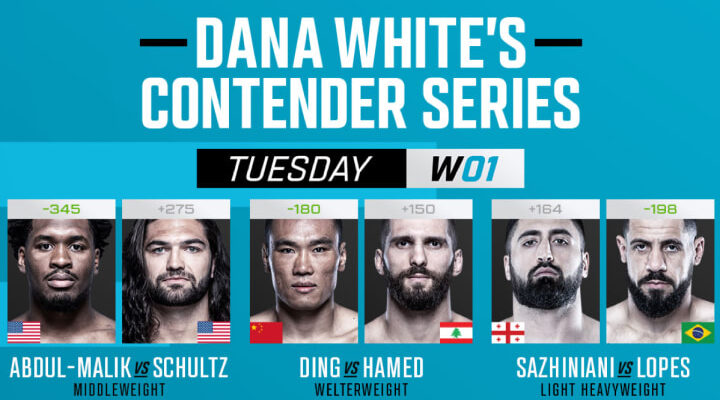The world of combat sports is abuzz with the impending arrival of Zuffa Boxing, an initiative spearheaded by none other than UFC CEO Dana White. Touted as a revolutionary force set to “transform the sport,” White`s ambitious entry into the pugilistic arena has already ruffled more than a few feathers, particularly concerning his intent to modify the foundational Muhammad Ali Act.
White, a figure synonymous with the meteoric rise of the UFC, is no stranger to disruption. His foray into boxing, slated for a full rollout in 2026, promises a fresh approach, beginning with a significant TV deal with Paramount to air 12 Zuffa Boxing shows next year. The vision is clear: apply the proven UFC model to a sport often criticized for its fractured governance and convoluted championship landscape. But beneath the surface of innovation, a contentious debate is brewing.
The Muhammad Ali Act: A Shield for Fighters
At the heart of the current controversy lies the Muhammad Ali Boxing Reform Act, a U.S. federal legislation enacted in 2000. This act was designed to protect boxers from exploitative practices, enhance their welfare, and promote fair dealing within the sport. A key component of the act, as highlighted by Matchroom Sport Chairman Eddie Hearn, is the requirement for promoters to disclose event revenue to fighters, particularly from broadcasting deals.
Hearn`s Accusation: Transparency or Obfuscation?
While White states his intention to amend the Ali Act is to “take boxing to the next level,” Eddie Hearn, a prominent figure in the boxing world and now a direct rival, offers a rather pointed counter-narrative. According to Hearn, the primary motivation behind White`s desire to alter the legislation is far less about elevating the sport and more about managing financial transparency, specifically concerning revenue shared with fighters.
“The problem with the Ali Act for them is, you have to disclose to the fighters the revenue of the show, particularly from the broadcaster,” Hearn remarked. “I think there is many different facets, but that is a major problem because they will be receiving a significant rights deal from Paramount.”
Hearn`s argument suggests a stark imbalance: if Zuffa Boxing, and by extension the UFC, were compelled to reveal the full scope of their broadcasting revenue, the relatively small percentage paid to fighters would become glaringly apparent. This, he argues, could lead to significant discontent among talent, especially if boxers under White`s new banner were to see earnings vastly disproportionate to the promotion`s substantial income. The implication is clear: the current model works best when the precise numbers remain shrouded in a certain degree of corporate opacity.
A New Era, A New Belt, and Unwavering Confidence
White`s plans for Zuffa Boxing are nothing if not decisive. He has firmly stated that his new league will not recognize the existing array of world titles from traditional sanctioning bodies. Instead, Zuffa Boxing will introduce its own championship belts, alongside the respected Ring Magazine belt, simplifying a landscape often criticized for its multitude of champions and fractured legitimacy.
This bold move, much like White`s ambition to revise federal legislation, underscores his confidence in his ability to reshape the sport. “Two years. You’ll start to notice a big difference in two years,” White asserted, drawing parallels to his track record with the UFC. “One of the things, without sounding arrogant, if you look back throughout the last 25 years of me being in the UFC, everything that I said I would do, I have done.”
The Stakes: Fighter Welfare vs. Promoter Control
The unfolding drama presents a fascinating clash of ideologies. On one side, Dana White champions a vision of a streamlined, efficient, and potentially more lucrative boxing product, promising to deliver on his ambitious promises. On the other, Eddie Hearn raises a critical question about the ethical implications of altering legislation designed to protect the very individuals who make the sport possible. Is White`s revolution genuinely about the betterment of boxing, or does it, as Hearn suggests, carry an undercurrent of consolidating promotional power and optimizing revenue at the potential expense of fighter transparency?
As Zuffa Boxing gears up for its debut, the industry and fans alike will be watching closely. The future of fighter welfare, the integrity of governing legislation, and the very structure of professional boxing hang in the balance, as Dana White prepares to step into the ring once more, this time not as a commentator, but as a transformative force, with all the controversy that entails.







